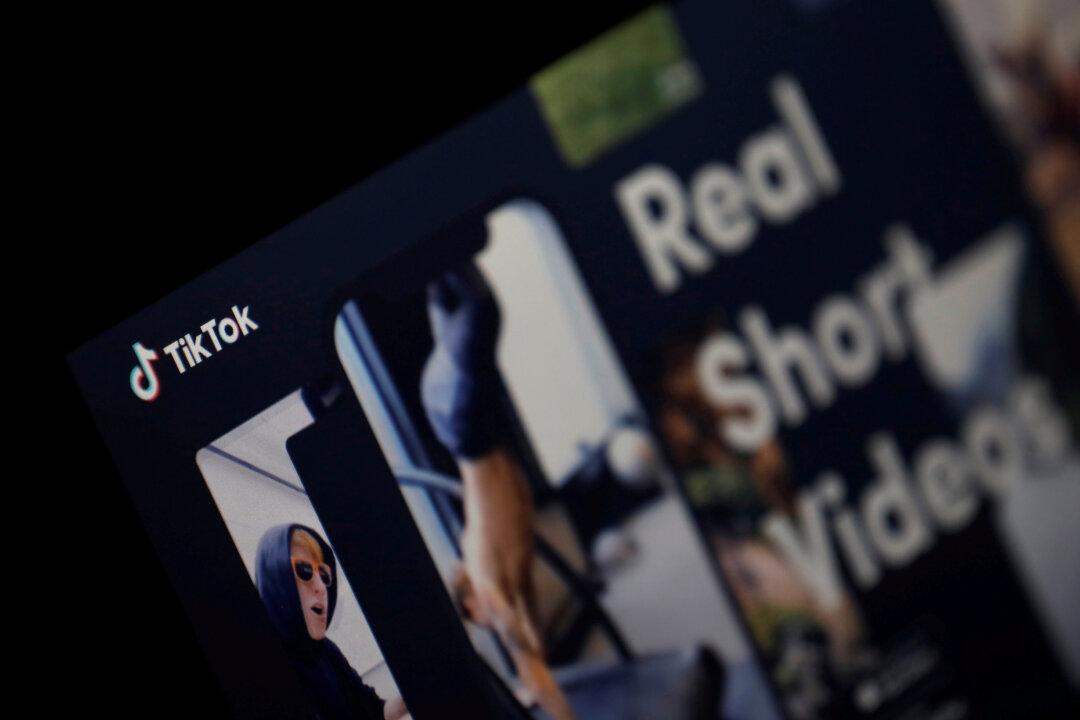NEW DELHI–India’s ban on popular Chinese video app TikTok is resulting in “financial losses” of up to $500,000 a day for its developer, Beijing Bytedance Technology Co Ltd., and has put more than 250 jobs at risk, the company said in a court filing seen by Reuters.
TikTok allows users to create and share short videos with special effects and is one of the world’s most popular apps. It has been downloaded by nearly 300 million users so far in India, out of more than 1 billion downloads globally, according to analytics firm Sensor Tower.





